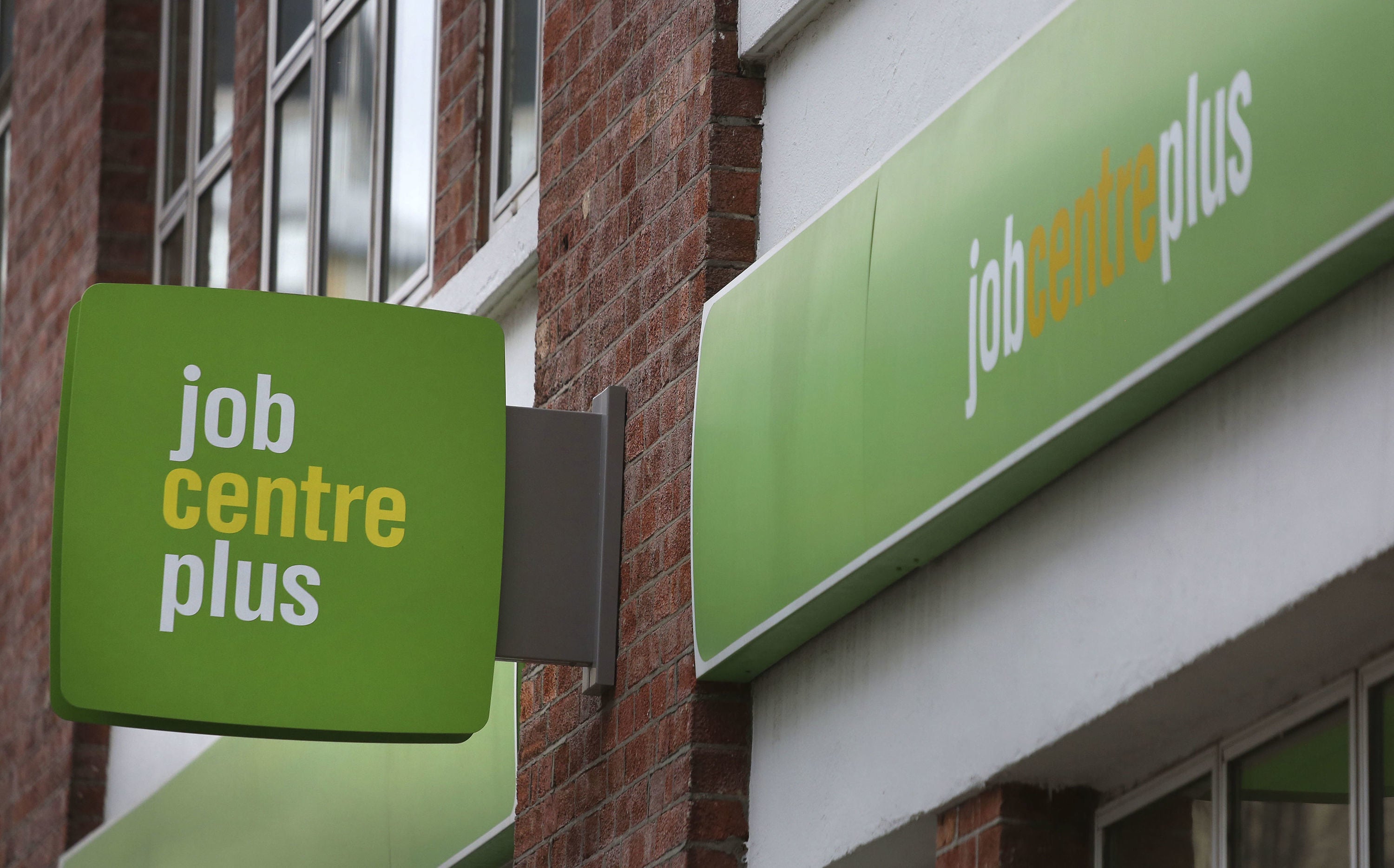Black unemployment ‘rising three times faster than for white people’ new analysis finds
‘Black and minority ethnic workers have borne the brunt of the pandemic’

Your support helps us to tell the story
From reproductive rights to climate change to Big Tech, The Independent is on the ground when the story is developing. Whether it's investigating the financials of Elon Musk's pro-Trump PAC or producing our latest documentary, 'The A Word', which shines a light on the American women fighting for reproductive rights, we know how important it is to parse out the facts from the messaging.
At such a critical moment in US history, we need reporters on the ground. Your donation allows us to keep sending journalists to speak to both sides of the story.
The Independent is trusted by Americans across the entire political spectrum. And unlike many other quality news outlets, we choose not to lock Americans out of our reporting and analysis with paywalls. We believe quality journalism should be available to everyone, paid for by those who can afford it.
Your support makes all the difference.The unemployment rate for Black and minority ethnic workers has risen at three times the speed of the unemployment rate for white workers, according to new analysis of new ONS employment figures by the Trade Union Congress (TUC).
The analysis reveals that the BME unemployment rate shot up from 6.3 per cent to 8.9 per cent between the first quarter of 2020 and the first quarter of 2021, an increase of 41 per cent.
Over the same period the unemployment rate for white workers rose from 3.6 per cent to 4.1 per cent, an increase of 14 per cent.
Around 1 in 11 (8.9 per cent) BME workers are now unemployed, compared to 1 in 25 (4.1 per cent) of white workers.
TUC General Secretary Frances O’Grady said: “Everyone deserves a decent and secure job. But Covid-19 has shone a light on the discrimination in our labour market.
“Black and minority ethnic (BME) workers have borne the brunt of the pandemic. They’ve been more likely to work in industries like hospitality and retail that have been hit hard by unemployment.
“And when BME workers have held on to their jobs, we know that they are more likely to be in low-paid, insecure work that has put them at greater risk from the virus. This structural discrimination has led to a disproportionate BME death rate from coronavirus.
“Now we are emerging from the pandemic, we can’t allow these inequalities. Ministers must hold down unemployment, create good new jobs and challenge the systematic discrimination that holds BME workers back.”
In light of these findings, the trade union is calling on government to create new jobs, ban zero hour contracts and introduce mandatory pay gap reporting, among other measures.
Join our commenting forum
Join thought-provoking conversations, follow other Independent readers and see their replies
Comments